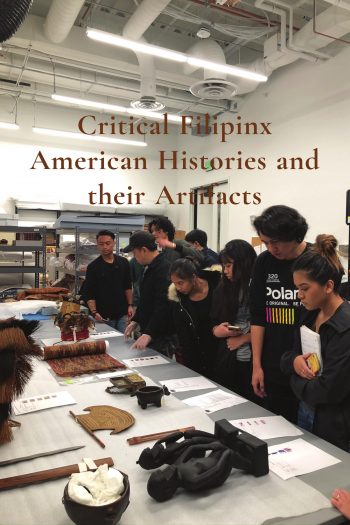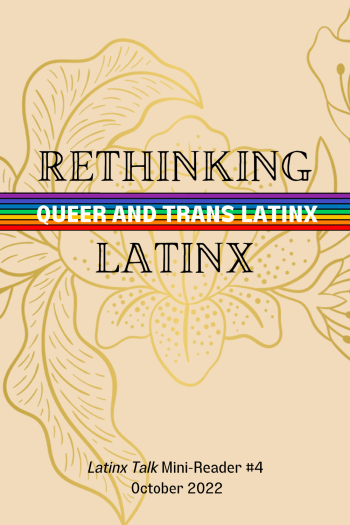 Critical Filipinx American Histories and their Artifacts
by
Critical Filipinx American Histories and their Artifacts
by
 Ethnic Studies & Marginalized Communities
by
Ethnic Studies & Marginalized Communities
by
 Immigrant and Refugee Families: Global Perspectives on Displacement and Resettlement Experiences
by
Immigrant and Refugee Families: Global Perspectives on Displacement and Resettlement Experiences
by
 Rethinking Queer and Trans Latinx: Latinx Talk Mini-Reader #4
by
Rethinking Queer and Trans Latinx: Latinx Talk Mini-Reader #4
by
 Tellings and Texts: Music, Literature and Performance in North India
by
Tellings and Texts: Music, Literature and Performance in North India
by